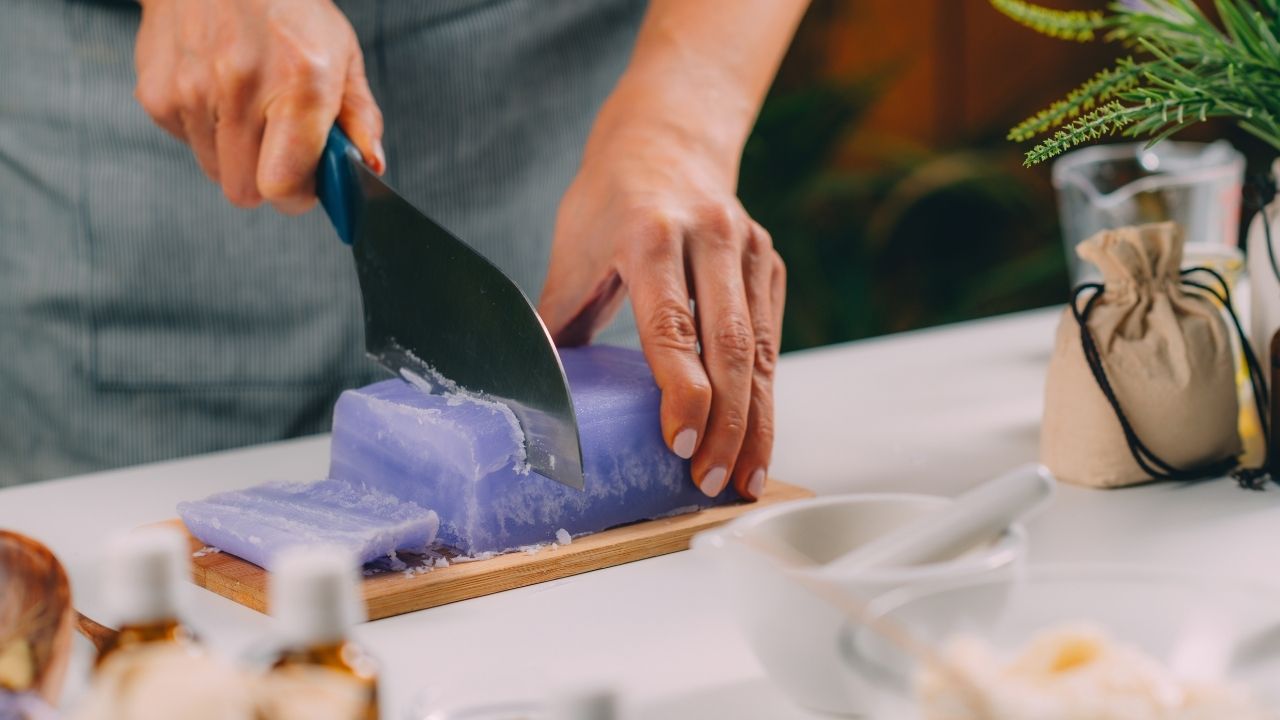
Introduction
Making your own homemade soap can be a fun and rewarding experience. Not only do you have complete control over the ingredients used, but you can also customize the soap to suit your specific needs and preferences. When it comes to choosing the best materials for your homemade soap, there are several key factors to consider.
Natural Oils and Butters
One of the most important ingredients in homemade soap is the base oil or butter. These natural oils and butters provide the foundation for your soap and determine its overall properties. Some popular choices include:
1. Olive Oil: Known for its moisturizing properties, olive oil creates a gentle and conditioning soap that is suitable for sensitive skin.
2. Coconut Oil: Coconut oil contributes to a hard, cleansing soap with excellent lather. It is often used in combination with other oils to balance its cleansing properties.
3. Shea Butter: Rich in vitamins and fatty acids, shea butter adds a luxurious and nourishing quality to your homemade soap.
4. Castor Oil: Although used in smaller quantities, castor oil helps to stabilize the lather and adds a creamy texture to the soap.
Lye: The Essential Ingredient
No discussion about homemade soap materials would be complete without mentioning lye. Lye, also known as sodium hydroxide, is a crucial ingredient that triggers the saponification process, converting the oils and butters into soap. Without lye, it is impossible to make true soap.
It is important to handle lye with caution and follow proper safety measures, such as wearing protective gloves and eyewear. Always add the lye to the water, never the other way around, to avoid a dangerous reaction.
Fragrance and Color Additives
Once you have your base ingredients, you can personalize your homemade soap with various fragrance and color additives. Essential oils are a popular choice for adding natural scent to your soap. Some favorite essential oils for soapmaking include lavender, peppermint, and tea tree oil.
For coloring your soap, you can use natural ingredients like clays, spices, and botanical powders. Alternatively, you can use specially formulated soap colorants that are safe and stable in the high pH environment of soap.
Additional Ingredients
Depending on the desired properties of your homemade soap, you may choose to incorporate additional ingredients. Some examples include:
1. Exfoliants: Ingredients like oatmeal, coffee grounds, or sand can add a gentle exfoliating effect to your soap, helping to slough off dead skin cells.
2. Botanicals: Dried herbs and flowers, such as chamomile or rose petals, can add visual appeal and a mild fragrance to your soap.
3. Clays: Clays like kaolin or bentonite can help to absorb excess oil and provide a silky texture to your soap.
Conclusion
Choosing the best materials for your homemade soap is an important step in creating a high-quality, nourishing, and enjoyable product. By selecting natural oils and butters, using lye safely, and incorporating your favorite fragrance and color additives, you can craft a soap that is uniquely suited to your needs and preferences. Remember to always prioritize safety and use high-quality ingredients for the best results in your soapmaking endeavors.
 Family Craft ProjectsHome ImprovementCooking and BakingReuse and RecycleDIY GiftsEco-Friendly ProjectsDIY Home SolutionsSeasonal ActivitiesFun and GamesLearn TogetherPrivacy PolicyTerms And Conditions
Family Craft ProjectsHome ImprovementCooking and BakingReuse and RecycleDIY GiftsEco-Friendly ProjectsDIY Home SolutionsSeasonal ActivitiesFun and GamesLearn TogetherPrivacy PolicyTerms And Conditions
